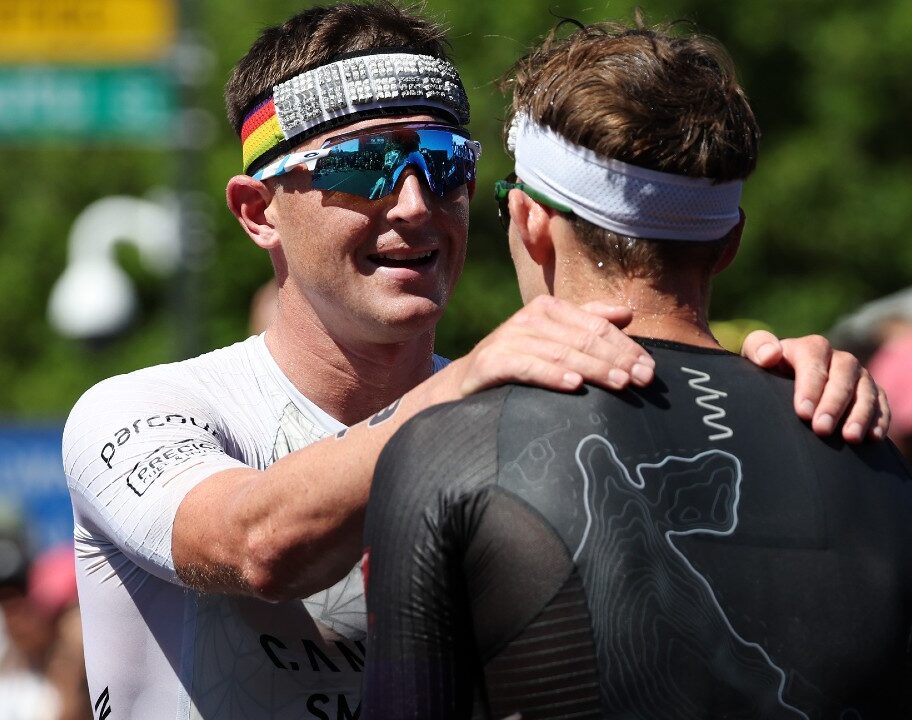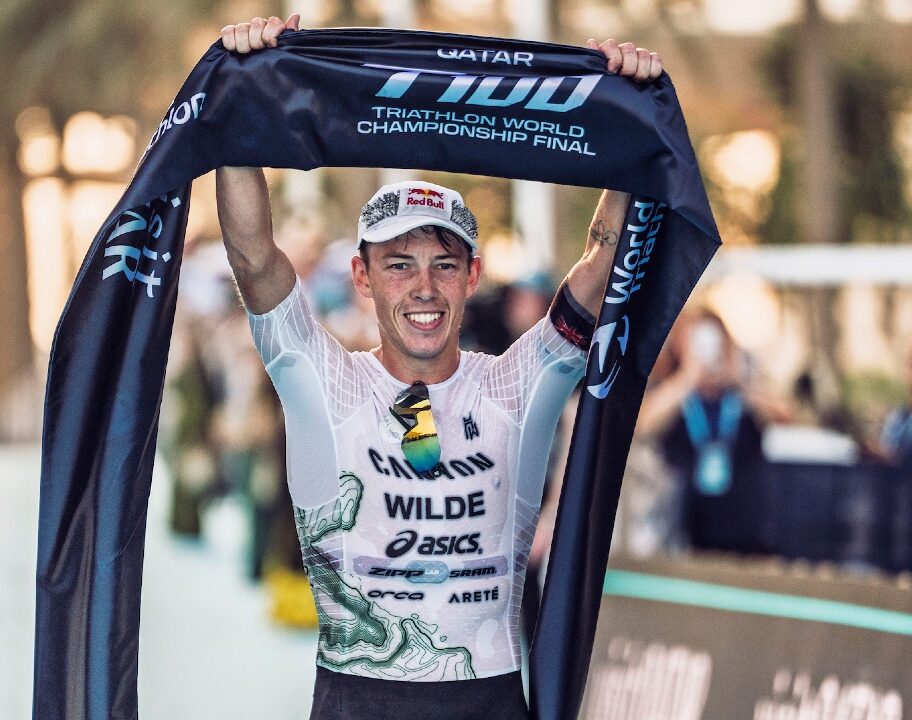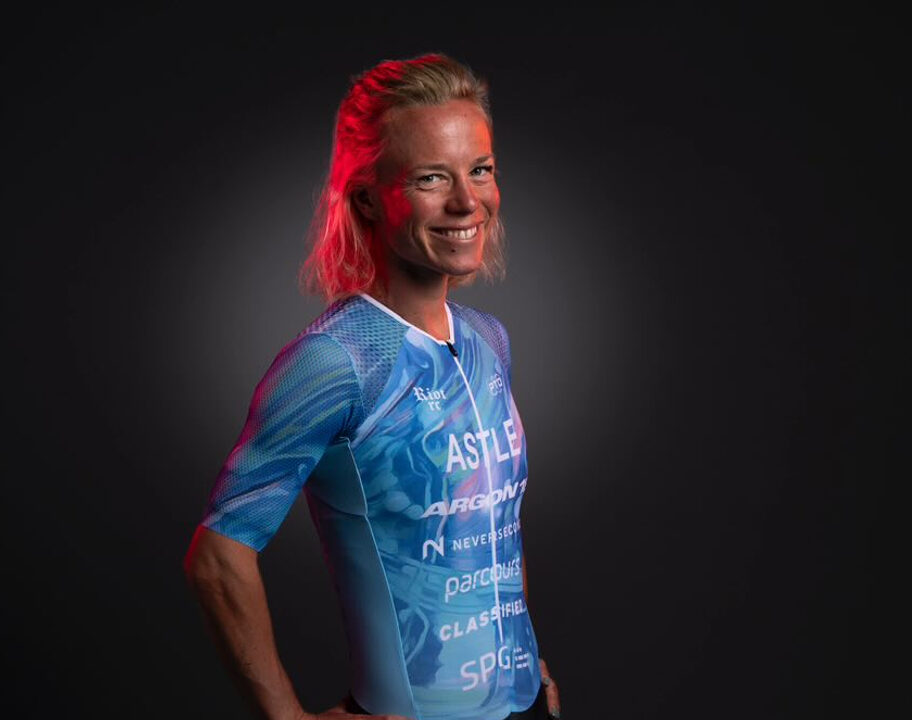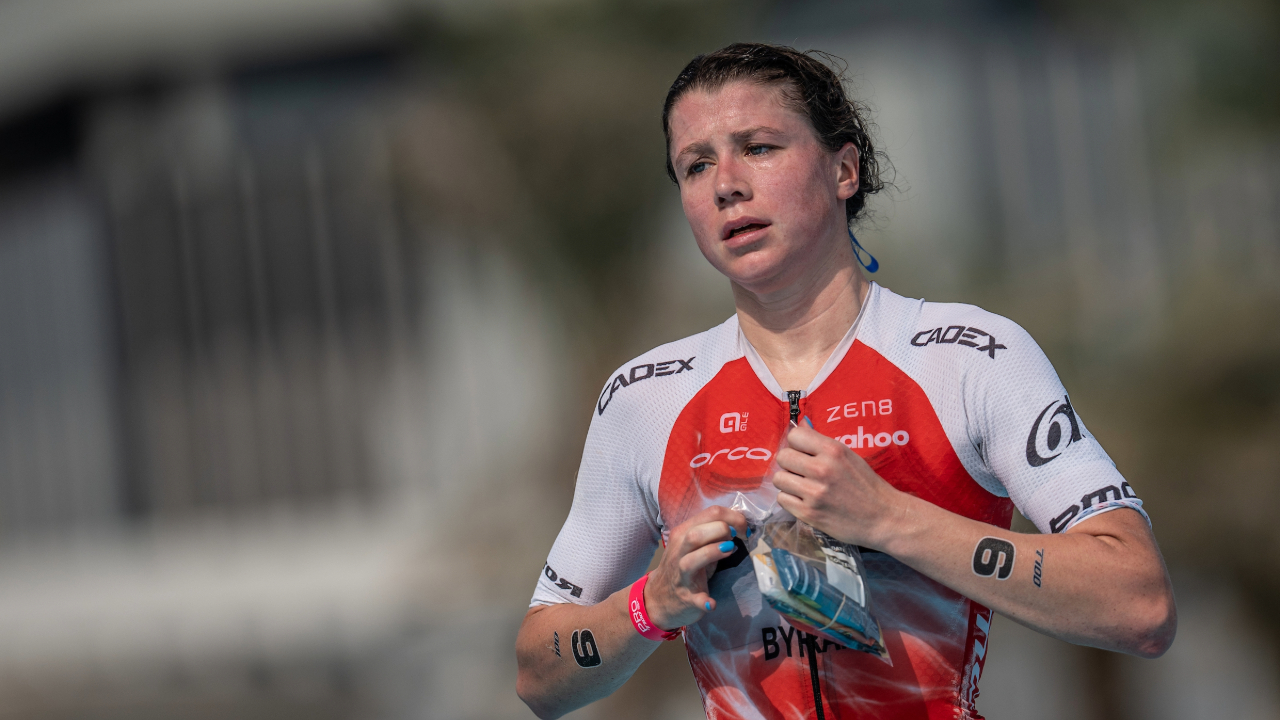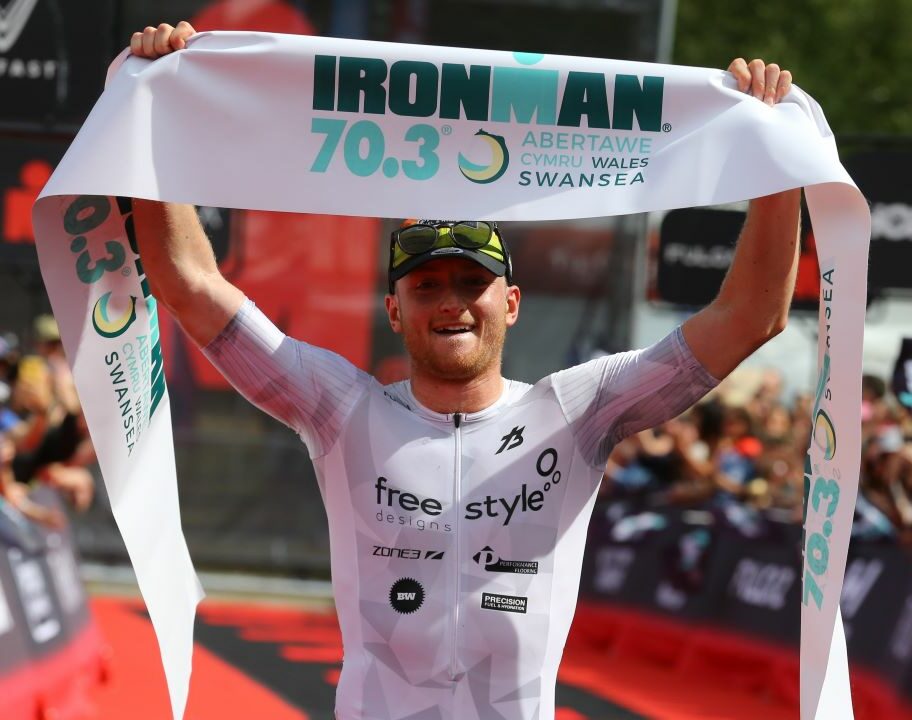Following warnings by a charity that there is an ‘alarming’ level of bacteria in the River Seine ahead of the Paris Olympic Games, TRI247 spoke with World Triathlon about the impact this would have on multi-sport events this summer.
The governing body underlined the work that is being done to ensure triathlon will not be effected and explained how the work currently being done by a number of public entities is minimizing any chance of water contamination during the Games.
Furthermore, World Triathlon, which saw the Test Event last August impacted by water quality issues, shared details of their extensive contingency plans, which includes reserve days and alternative race formats if any problem arises.
“We are confident the conditions will be better for many reasons”
This summer, the individual triathlon races at the Olympic Games will take place on July 30 and 31, with the Mixed Team Relay event taking place on August 5.
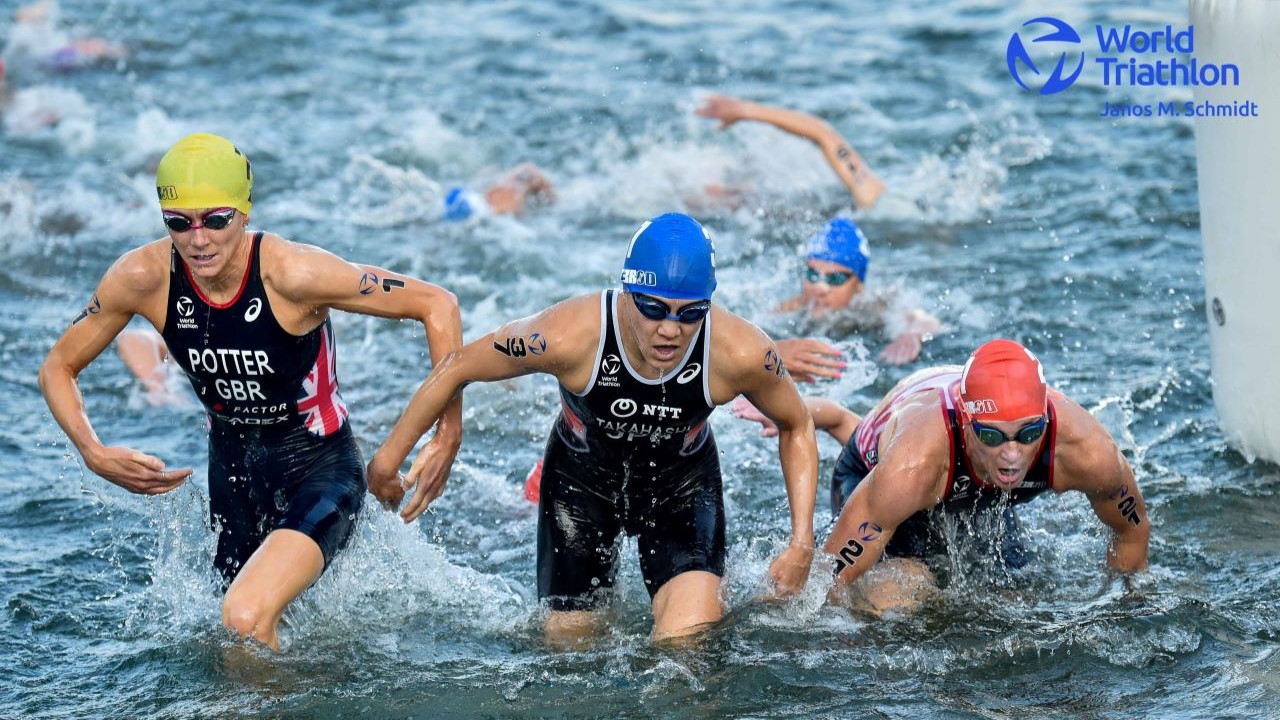
Looking ahead to the competition after recent water quality reports, World Triathlon said that “conditions in the Seine now are not what are expected during the summer”.
Elaborating on this point, World Triathlon says that they, along with the Paris 2024 organizing committee, are confident the Seine will be swimmable for a number of reasons.
“Both World Triathlon and Paris 2024 have every confidence in the ability of all those involved in the work undertaken to make the Seine swimmable by the summer of 2024.
“The project to make the Seine swimmable was initiated over 30 years ago. The project involves a large number of public entities, […], and the aim of the project is to clean up the river and achieve the water quality required by European directives.
“By the time the Games come around, the various facilities and infrastructures in place for the Seine clean-up will have reduced bacteriological pollution by 75%.”
“The quality of water in the Seine is constantly improving”
Over the next three months, World Triathlon have said that a number of systems have been put in place to achieve the 75% reduction in bacteria, including:
- Additional wastewater treatment known as “disinfection” of discharges from the SIAAP’s two wastewater treatment plants at Noisy-le-Grand and Valenton.
- Modernization or construction of facilities to reduce wastewater discharges into the Seine during storms. In Paris, the Bassin d’Austerlitz will, from the second quarter of 2024, retain the equivalent of 20 Olympic swimming pools of wastewater before gradually returning it to the sewer network.
- Treatment of connection errors on public sewerage collection networks.
- Connecting wastewater pipes to the sewerage network in order to eliminate poor home connections that flow directly into the Seine and the Marne rivers without being treated.
- Connecting around 260 stationary boats in Paris to the sewerage systems created in the ports. More than half of the boats in Parisian ports are currently connected to the sewerage system, and all of them will be by 2024 during the Games.
Additionally, there will be an increase in the monitoring of sewage networks in the French capital, to reduce the risk of “point source” pollution and the type of incidents that affected the test event in 2023.
These measures include “setting up a system for identifying any pollution discharged into the Seine and taking action to treat it” and “increased monitoring of all other potential sources of pollution by mobilizing all the players present on the river and in its immediate vicinity”.
What happens if it all goes wrong?
If all of the measures put in place fail, and the water quality in the River Seine is not good enough for a race to go ahead, World Triathlon have said that there are two agreed upon options.
![Alex Yee run Paris Test Event 2023 [Photo credit: World Triathlon / Wagner Araujo]](https://www.tri247.com/wp-content/uploads/2023/08/Alex-Yee-run-Paris-Test-Event-2023.jpg)
“If the water quality on any of the competition days during the Olympics is not within the limits, the first option is to use the reserve days.
“These days are considered in the programme, and have been agreed and discussed with Paris and broadcasters to ensure the same experience not only for athletes but also for spectators and TV viewers.
“The reserve days for triathlon are one day later for each of the events. The reserve days are part of the whole Olympics operational plan, and have been agreed, discussed and planned for over a year with all the relevant parties.”
If the water quality is still not good enough on the reserve days, the race format will then be altered, with athletes racing over an Olympic distance duathlon consisting of a 5km run, 40km bike and 10km run.








